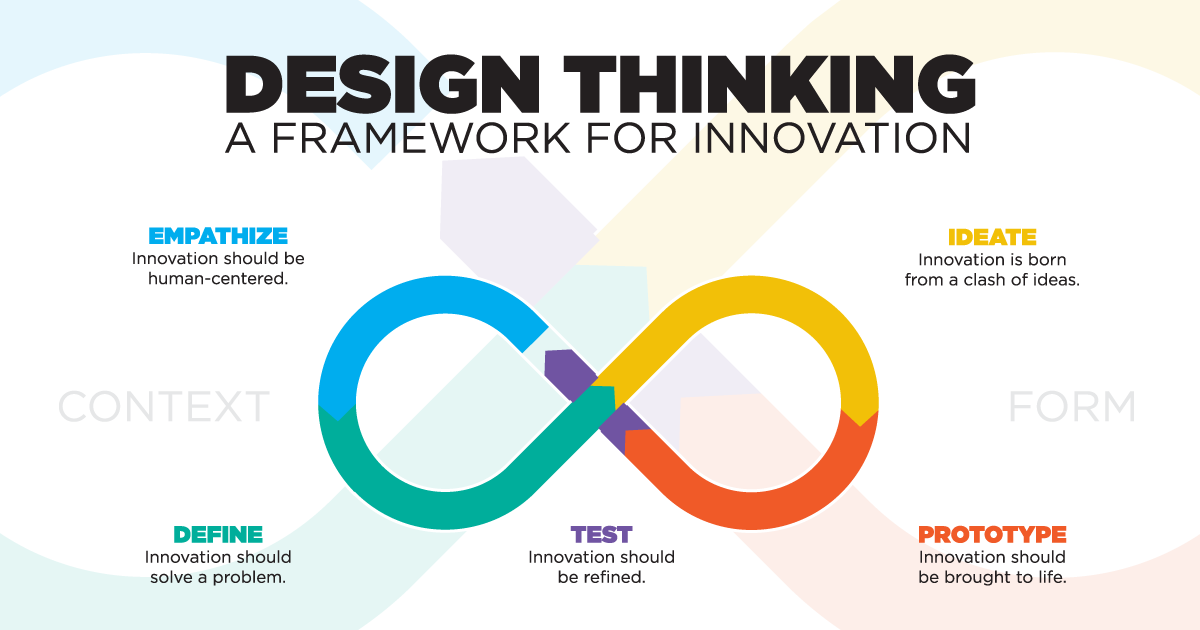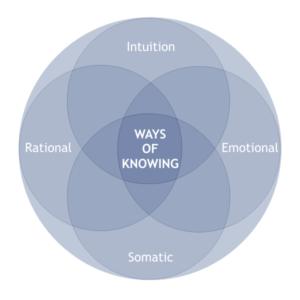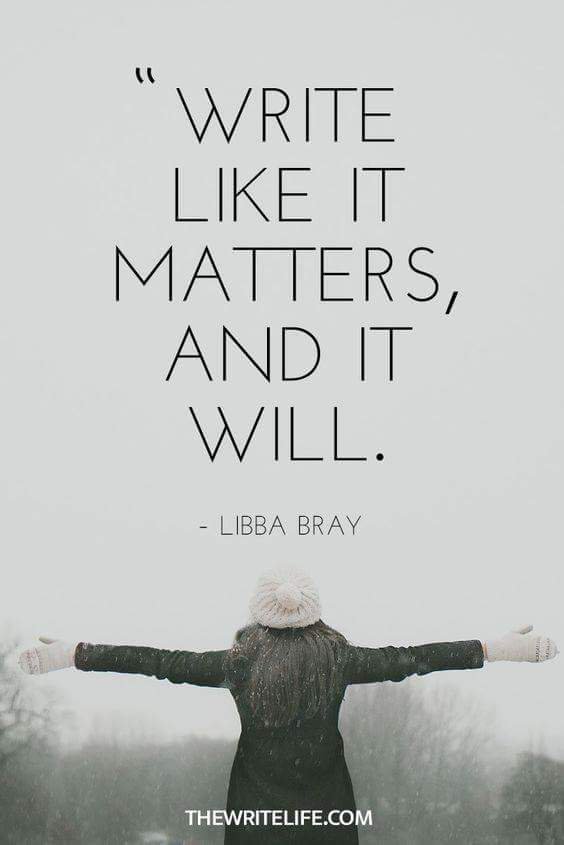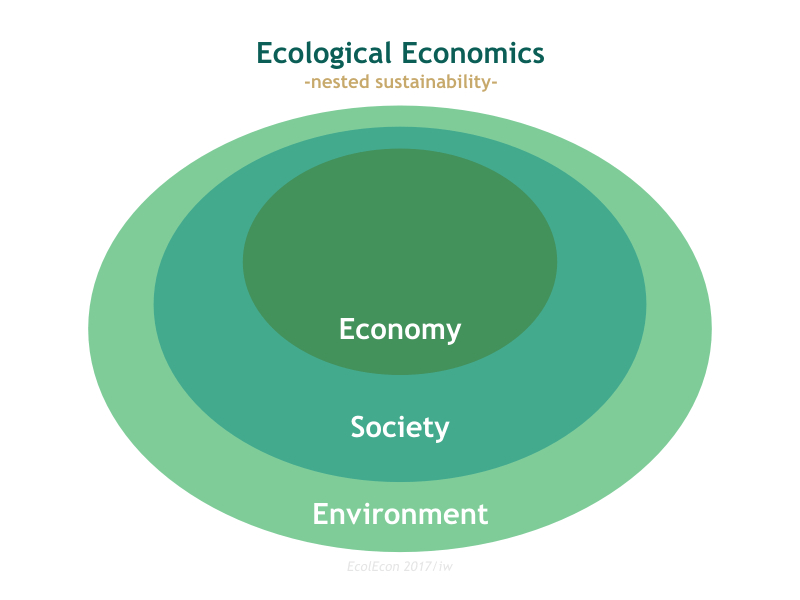I reckon among the things high up on my list for next year will be the need to get more involved with the messy parts at work… so far I tried to stay clear, but as I am now close to leaving I should instead put some elbows in… it would be in the interest of more than one peep, that’s what I figured by now… so note-to-self, go back and just do what you think is good…
Blockchain or ledger me gently
In its most basic term, blockchain is a database of transactions that can be arranged and added to in “blocks”. Each block represents and identifies previous transactions using cryptographic functions, to create an unbroken chain of custody for goods or services that, importantly, cannot be modified.
Acting as a digital ledger, blockchain creates a verifiable audit trail that can be used for any transaction, and this is where its impact on sustainability begins to take shape. Blockchain can be implemented – and in some cases, is already used – across numerous sectors, from forestry and fisheries to carbon accounting and energy.
It is a self-governing, online database owned by no one and usable by everyone. Because the “chain” can’t be modified* it can immediately provide proof of purchase for any transaction, whether that be procurement of sustainable materials to purchasing renewable energy.
(*before Quantum computing that is)
Read more about blockchain here.
Take risks
8 strategies to up self-confidence (and this is more a post to myself than anything):
1. Ask, ‘what would I say to a loved one in this situation?’ We’re kinder and more compassionate to others than to ourselves. Also, we’re not so quick to mull or analyse all that’s going wrong when helping someone else. Questioning entails mindful awareness to a problem. Too often, people lacking in self-confidence brush off a mistake or a lost opportunity as a character flaw, not as a chance to gain insight into a problem area.
2. Expand your circle of potential. Visualisation is a powerful technique of creating an image of yourself as you want to be, within your mind. When we struggle with low self-confidence, we have a poor perception of ourselves that is often inaccurate. When visualising a positive version of yourself, several areas converge helping you to: a) activate your creative subconscious which increases creativity, b) program your brain to recognise internal and external resources c) manifest the law of attraction, thereby placing yourself in the purview of positive people and opportunities, and d) increase your motivation to take the necessary actions to achieve your dreams.
3. Notice what you’re doing well. This step loosely fits into the “think positive” mantra, and with good reason. When you’re lacking confidence, it’s easy to focus on mistakes. The trick is to catch yourself before a bad mood threatens your day. For example, a while back I noticed when I awoke my mind quickly scanned all the things I didn’t accomplish from the day before. Once I caught myself, I reframed with, “what am I doing right?” This was a game changer in starting my day on a healthy note.
4. Give negative thoughts the boot. This ties into the tip above, as unhealthy thoughts pervade an insecure mindset. A hallmark of an emotionally healthy mind is vigilance around what enters your sacred mental real estate.
5. Get curious about your inner world. When you become self-aware about your thoughts and how they impact your feelings and behaviors, you’ve set the stage for reducing insecurities. “Hmm, that was an interesting reaction…wonder if there’s something deeper I’m avoiding.” Or, “if I was to let go of my need to control the outcome of situations, how would that feel?”
6. Take risks. You miss 100 percent of the shots you don’t take. Regret is a huge theme in psychotherapy, especially as we age and our lives become more narrow. Bottom line: You will never reach your potential if you don’t execute a plan.
7. Act “as if” you possess the confidence your aspire to have. When life doesn’t go well it can seem like there’s no rhyme or reason. This is a good time to behave “as if” you’re where you want to be. It’s getting up early, showering, putting on nice clothes and going out in public and networking even though you don’t have a job. Building self-confidence means taking action despite your fear of failure. If things work out, then you now know you’re more confident than you think. If things don’t work out, you now know the experience didn’t break you. Either way, you’re better off.
8. Get organised. Have a system in place for problem-solving. If career advancement is hindered because you didn’t pass an important test, set daily goals for learning the material. Every problem has a solution, and a disorganised mind is the enemy of momentum. Study like there’s no tomorrow and adjust your priorities, accordingly.
The good news is research reveals that self-confidence isn’t fixed at a certain age, but tends to increase with self-awareness and life experience. You are as young as your self-confidence, as old as your fears; as young as your hope, as old as your despair.
The Inner Life of Rebellion
My favourite podcast, a guaranteed pick-me up at all times:
The history of rebellion is rife with excess and burnout. But new generations have a distinctive commitment to be reflective and activist at once, to be in service as much as in charge, and to learn from history while bringing very new realities into being. Quaker wise man Parker Palmer and journalist and entrepreneur Courtney Martin come together for a cross-generational conversation about the inner work of sustainable, resilient social change.
Parker Palmer and Courtney Martin — The Inner Life of Rebellion
Happy
Sydney’s infrastructure crisis
This 100%
Sydney is transforming, and not in a good way. Not that there’s anything wrong with height or density per se. Sydney must grow, and must end its sprawling habits. But to do it in a way that preserves and enhances flavour, character and intimacy requires strong, wise government. Instead we have government that doesn’t believe in governance.
Read the whole article here smh.com.au/comment/the-catastrophe-of-sydneys-priority-precincts
CSL
My course comes to an end and I still know what to make of it. I’m kinda sure they’ve given me something, I just don’t know what it is yet.
Timing and blisters
Depression has a lot to do with a distortion of time, and an inability to deal with certain things at one time, and having to deal with all of them at once the next…
And as you push things and decisions and just keep going, you give yourself a blister on the wrong spot… and that never goes entirely away again… I reckon that is aging for you in a nutshell…
Corporate priorities & innovation
At the CSL.org.au course last night a young woman from Westpac held a talk about “shared values”, and Corporate Australia. In her talk, social and environmental considerations were ‘external factors’, which could be put into the equation because that would lead to higher economic returns.
At question time I tried to explain my take on ecological economics, sustainability and triple bottom lines, whereby the economy sits as a subsection within the greater context of the natural world, the environment and the social component.
She did not follow my train of thought. She continued describing how Westpac will replace ‘a shitload of jobs’ (her words) with automation, but that Westpac would be all CSR and train 400 people up for other jobs. I mentioned the EU is considering a robot tax.
She then tilted her head and shot off a preconceived comment (seemingly a trained reflex-reply when the word ‘tax’ appears), questioning how that would “stifle innovation”. I did not reply, but the answer would have been:
If innovation only means to produce stuff cheaper, so to gain higher profit margins, then hell yeah let’s stifle that.
https://twitter.com/irisherself/status/905410002902441984
Senses
I think, while social media is all nice and good, it has the potential to lure you into a false sense of connectedness. On the most basic human level, social interaction is much more than exchanging information, words. It is a person’s body language, their presence, that nourishes the soul. You can’t get that through a screen. But as you wilt away, starving yourself from that oldest of human needs, you don’t know why you get sick… you only know that something’s not right… and if you’re a sucker for that, you will most likely blame yourself for being unwell, for not performing.
Boom.
Attitude
I’m doing a course, and so did a colleague, he since left cos didn’t like the course, but he now doesn’t talk to me anymore. Not sure why.
But: I do think this colleague thinks I’m a feminist. And I am not. But his attitude makes me one.
That’s a shit situation to be in, and my dilemma.
I’d much much rather prefer to fight anyone else’s fight, cos I’m a pathetic feminist.
Power by resource – Might makes Right
Our current, prevalent, archaic and unfortunate mindset of “might makes right” is at the crux of all the hypocrisy and global tragedy that we’re confronted with in our modern times. The idea associated with the phrase “might makes right” connotes that a society’s view of right and wrong is determined, like its perspective on history, by those currently in power. The term is used in the descriptive, rather than prescriptive way, in the same sense that people say that “History is written by the victors”. Because every person labels what they think is good for themselves as right, only those who are able to defeat their enemies can push their idea of what is right into fruition.
‘Kratocracy’ describes a government by those who are strong enough to seize power through force or cunning. In terms of morality, those who are the strongest will rule others and have the power to determine right and wrong. By this definition, the phrase “might makes right” manifests itself in a normative sense. This meaning is often used to define a proscriptive moral code for society to follow, as well as while discussing social Darwinism and Weberian themes of the authority of the state (e.g. Wirtschaft und Gesellschaft) in critical assessments of expressions of power.
More on Might makes right on Wikipedia
Related: Moral nihilism and the Plunder of Natural Resources.
Watch: Leif Wenar, Chair of Philosophy and Law at the School of Law, King’s College London https://www.youtube.com/watch?v=CLbFx2t5ZbA
Mutigkeit
I think my impostor syndrome stems from the fact that I feel into an application much more than I understand to the atomic details why it behaves in a certain way. So I work in a field where I am surrounded by heavy weight subject matter experts, and feel like I’m the can-do-but-dont-ask-me-why kinda dude… friendly, but still…
This is what my colleague wrote to me last night:
Hi Iris,
Thank you for your nice message…
Sometimes it feels like life is happening to me as opposed to me making it happen…
I think that is where a classic expert and I differ the most… I admire her strength, rigour and ambition to make things happen, because without such drive we will never get anywhere… I on the other hand am very much a looking forward to seeing where life takes me kinda person… this might sound lame, even I myself may say so, still, it is as much as I can and want to give on “bandwidth variation” for the living spectrum, my ability and willingness to cope with highs and lows inflicted from the outside world… I think in short that means I am only a limited risk taker… and as broken hearts and unmet expectations are painful and hard to mend, I avoid them, and always give just enough love and have never too high hopes, because I need the rest of my energy to myself…
Her approach to life and databases is much more exhausting than mine… it appears the frustration is also deeper… but so might as well be the sweet high of success…
Addendum 3-Jan-2018
https://work.qz.com/1169478/the-perfect-response-to-imposter-syndrome-at-work/
Cohen continues on a more serious note:
“Judging me hardly begins to describe the operation. It was a sense of invalidation and irrelevance that I felt was authentic, because those feelings have always circulated around my psyche: Where do you get to stand up and speak? For what and whom? And how deep is your experience? How significant is anything you have to say? . . . I think it really invited me to deepen my practice. Dig in deeper, whatever it was, take it more seriously.”
Cohen’s response illustrates exactly why imposter syndrome has been considered a predictor of success, even greatness.“People with imposter syndrome tend to be perfectionists, which means they’re likely to spend hours working overtime to make sure they excel in every single field. So if you do suffer from imposter syndrome, chances are you’re doing a pretty good job.”
Performance philosophy

[nb: it’s the curse of philosophy to have more questions than answers…]
Prezzos
Notes to self after presenting on the fly
- research the key terms for pre-laden-ness
- research the jurors
- always assume no one knows anything
- taking the lead might be good for nerves, but might not be the best strategy (there’s to learn from others on the fly)
- allow to waste time on selfpromotion
- rethink your jokes ; )
- allow for economic considerations, as faint as they might be
- state your true conclusion, even tho it might be unpopular
- play through a worst case scenario, and work back from that
(also: don’t despair over the fact that there’s an opposite to tunnel vision)
What to know more on How to Talk with Impact?
Try these 12 pieces of advice from Courtney Martin

Ways of knowing
It is often not clear why suddenly a coin drops… it’s a plethora of facets that lead to knowing… trusting your instincts is an acquired skill that helps greatly to navigate through life… but it takes listening, and patience, both of which have become rare concepts these days…

Safe word
https://twitter.com/irisherself/status/878882484120829952
Writerslife

me & rules
If I included this in my job applications it would save everyone a hell lot of time.
I will quietly, persistently break every rule I don't believe in.
— TrueINFJ (@trueINFJ) January 7, 2015
Handle
#wearedatabase but jeez just look at him o_0
Handle by BostonDynamics


